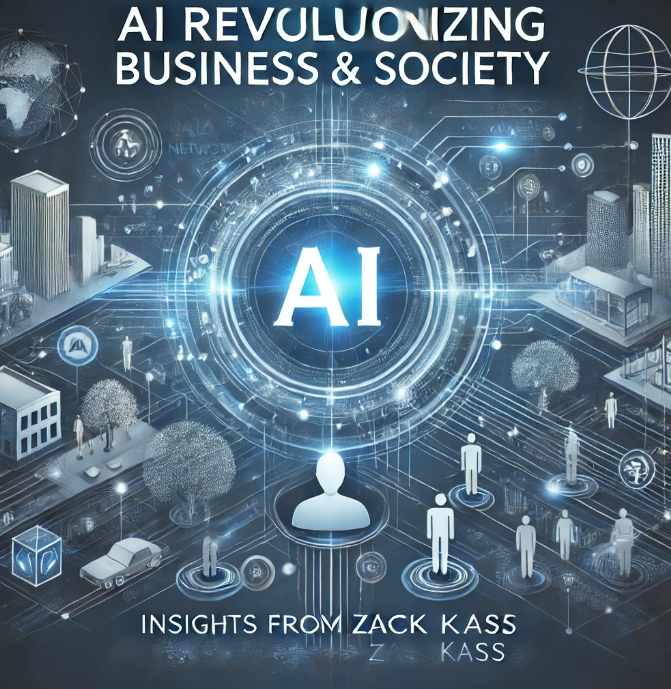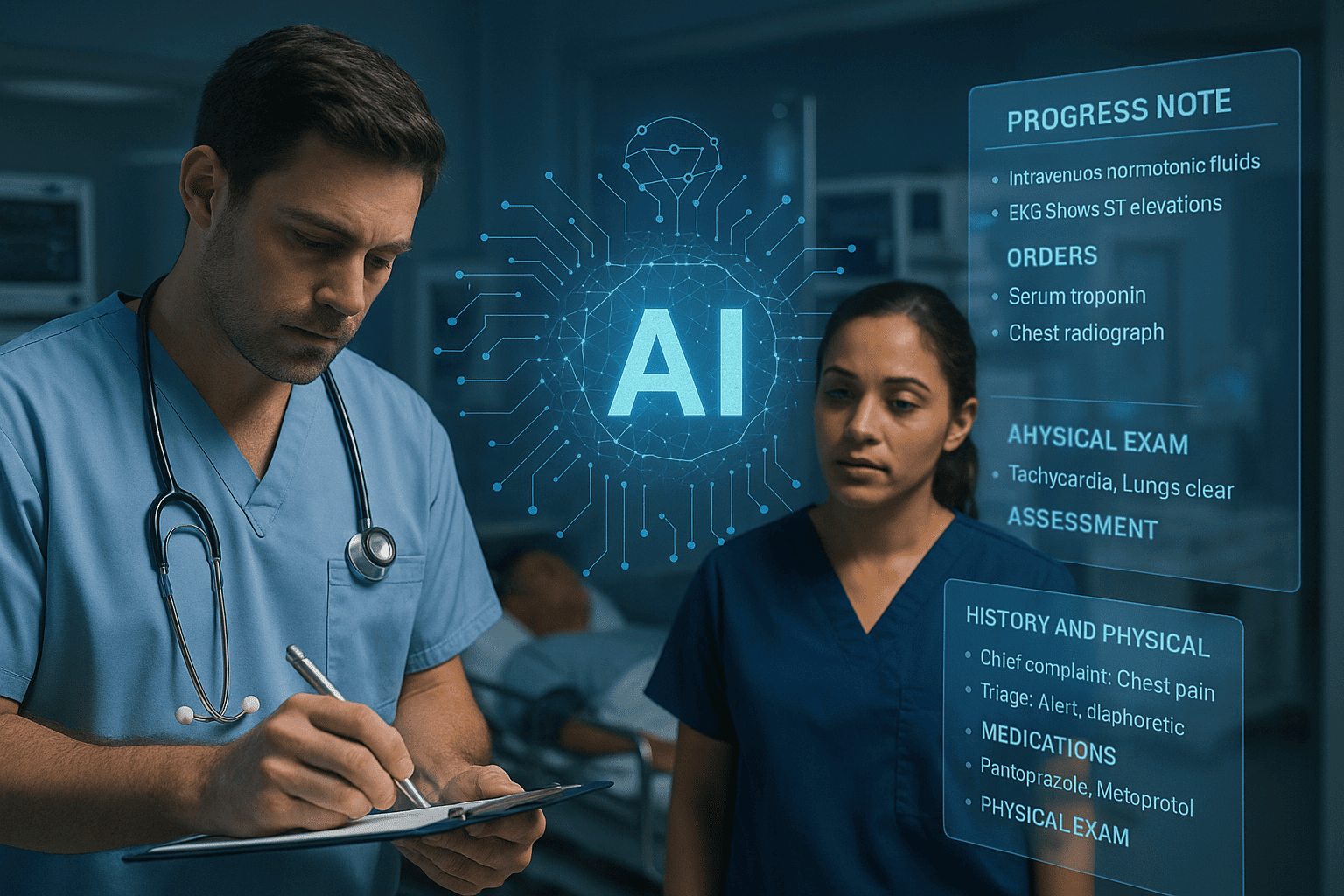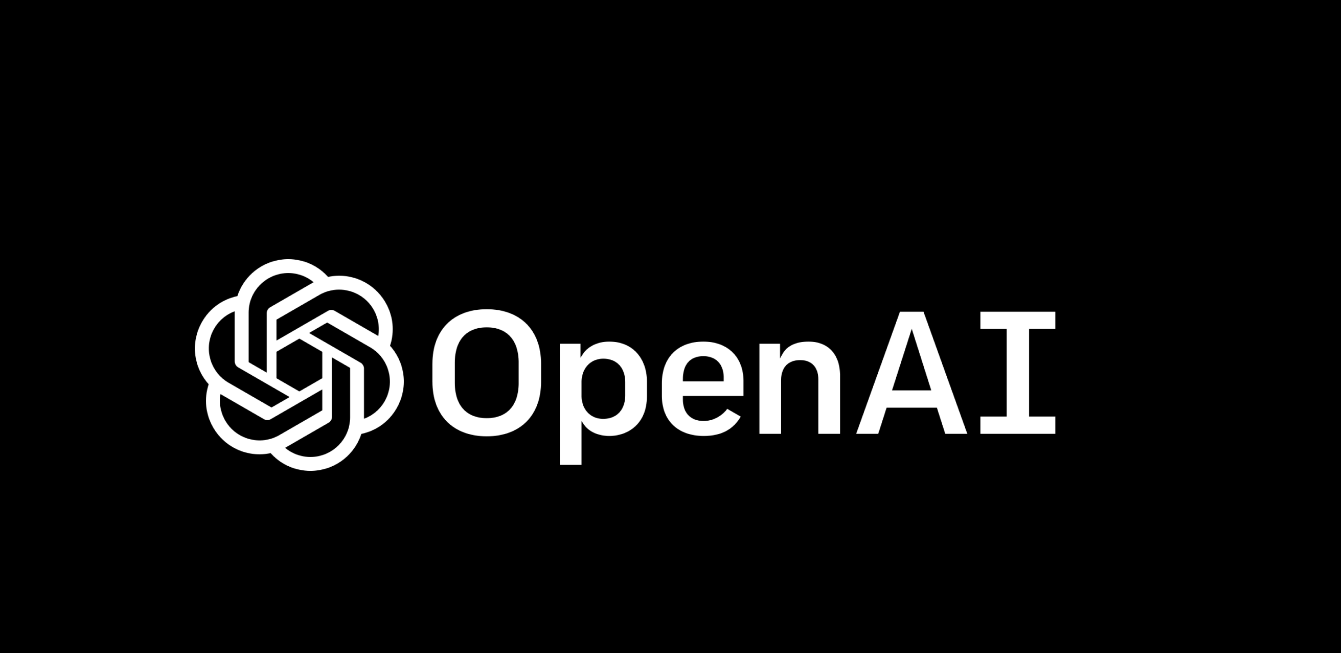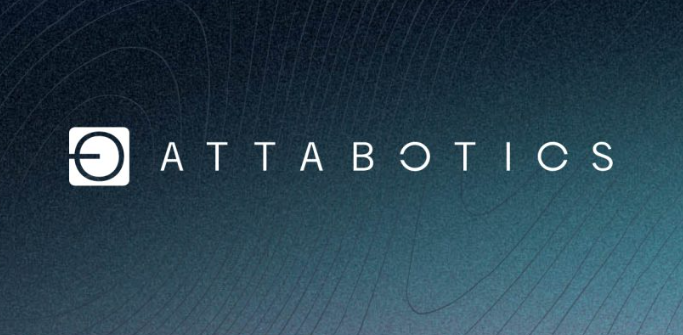At the recent Stansberry Conference, AI Futurist Zack Kass talked about how artificial intelligence (AI) will reshape business, society and individual productivity. As a former head of go-to-market at OpenAI, Kass underscored the vast economic impact AI is poised to make, yet remarked that “the productivity boom of AI is not priced into the market.” Kass underlined that we’re moving into “a world of unmetered intelligence,” which, according to him, will bring about transformative changes across multiple sectors.
Kass believes that AI will significantly lower barriers to starting and running businesses.
“Sam Altman has a prophecy that we’ll see a billion-dollar company of one person in the next three years,” he noted, referring to the OpenAI CEO’s prediction. For Kass, this prediction hints at a future where “running a business is just going to become exceptionally inexpensive,” opening doors for innovation and reducing costs in the goods and services sector. He described this as a “massive deflationary event” for business operations, making it easier for smaller players to enter markets.
Discussing productivity within corporations, Kass suggested that widespread AI adoption could make adaptability a crucial differentiator.
“We will see a world where most companies experience a massive boom in worker productivity,” he said. However, he also warned that this may not be enough to differentiate one company from another in the long run, pointing out that the companies thriving in this new AI era will be the ones with adaptability ingrained in their strategy. “The things I’m most excited about are businesses where, if you had a million more people working on a problem, it would be much better,” he explained, stressing life sciences and computational-heavy industries as prime areas for AI-driven growth.
Kass pointed to companies like Netflix and Southwest Airlines as models of adaptability. “Everyone knew streaming was coming,” he said of Netflix’s transformation from a DVD rental service to a streaming giant. “The only thing that separated Netflix from all their competitors was the fact that it was a company willing to explore this new information,” he stated. For Southwest Airlines, he noted that their adaptability post-9/11 allowed them to thrive in a volatile time, where other airlines struggled to adjust to regulatory changes. Kass sees adaptability as essential for businesses looking to navigate the rapid technological shifts AI brings.
Looking ahead, Kass foresees a future where natural language AI interfaces and autonomous vehicles reshape daily life. He believes these technologies are inevitable, asserting that: “We will live in a world where our machines are so agentive that they will basically just do things on our behalf.” He sees a world where websites and applications become “chat agent experiences,” changing the way individuals interact with information and services.
In a broader societal context, Kass highlighted AI’s potential to make roads safer by reducing reliance on human-operated vehicles, suggesting that, over time, societal pressure will shift in favor of autonomous cars.
“The faster we move towards seeing cars as simply a means to get somewhere and less a means to explore our own autonomy, the sooner we’ll arrive at the obvious conclusion that driving machines is exceptionally dangerous,” he said.
As the potential of AI unfolds, Kass remains adamant that the pace of adoption will ultimately hinge on society’s readiness. For him, the future isn’t just about what AI can do, but also about what society will allow it to achieve.






